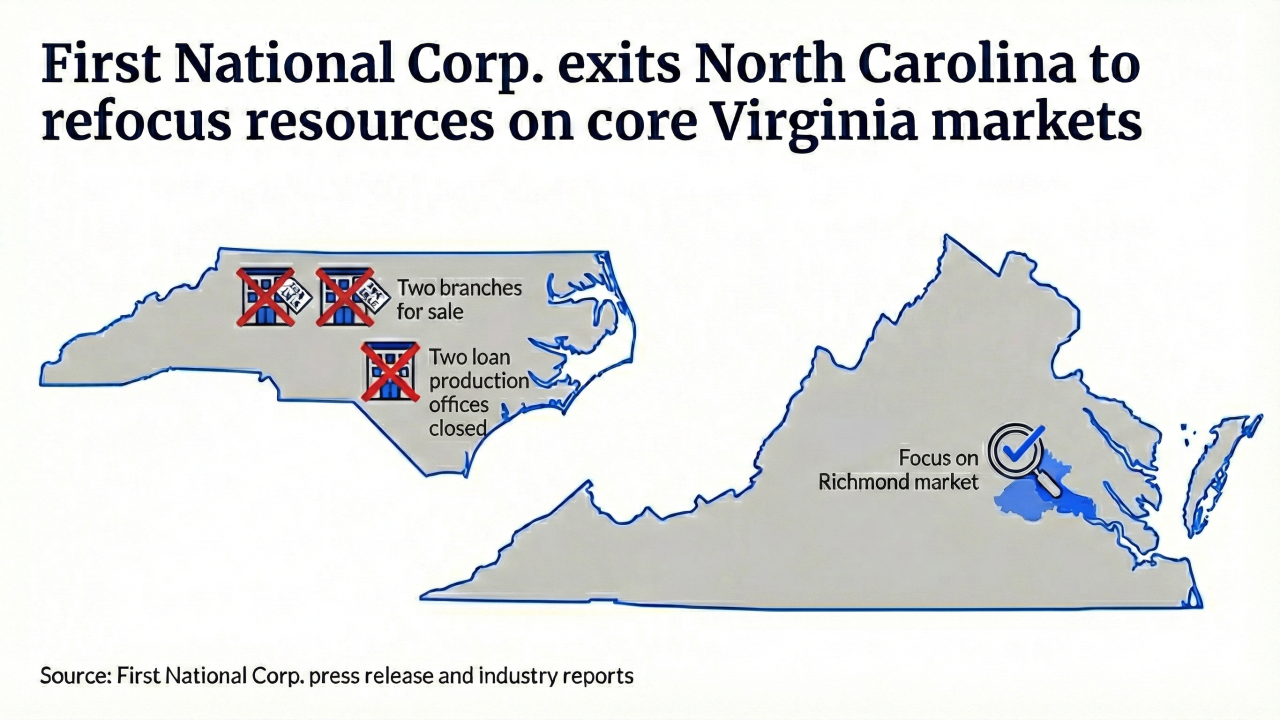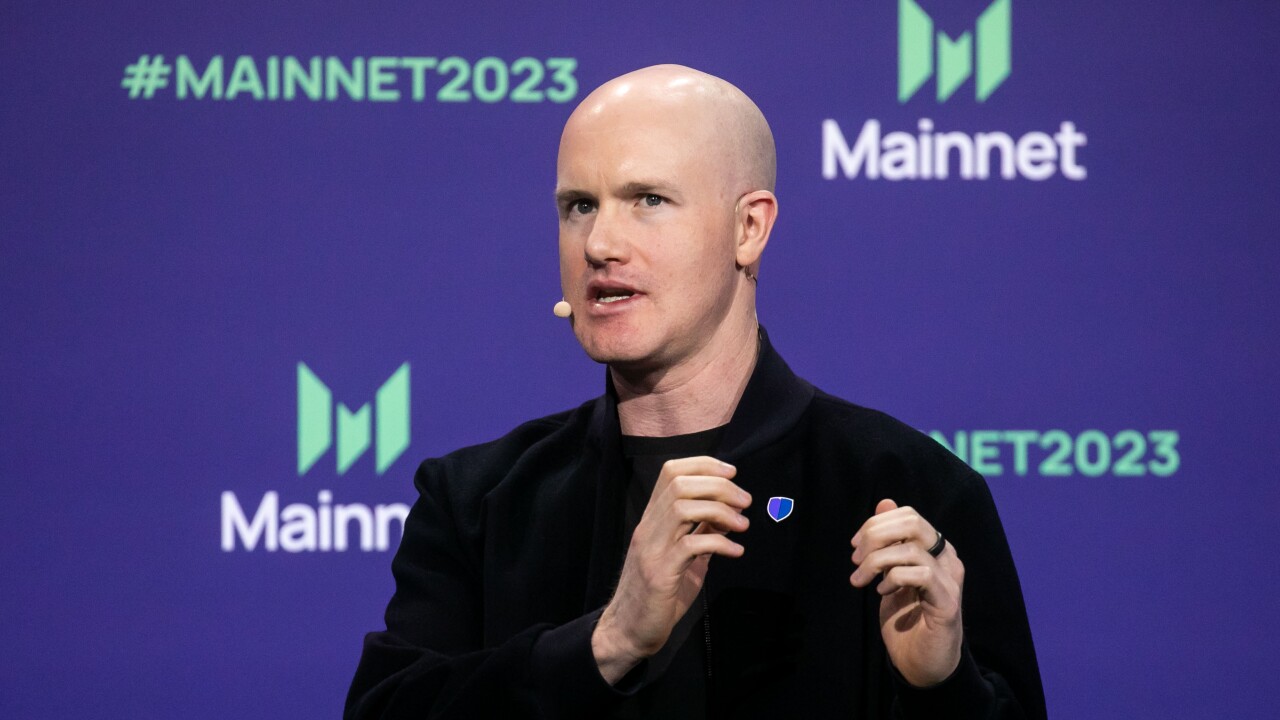Despite engine trouble in much of the economy, the mortgage industry kicked into high gear in the first quarter, originating loans in numbers that even the rosiest predictions undershot.
Many lenders' production doubled versus a year ago, due mainly to a refinancing boom. Still, several observers said they were not convinced that those trends would translate into comparable gains for the year.
Surprising to many was the strength in the purchase market while the stock market, consumer confidence, and the job market all weakened.
"The purchase market has been very strong. We have seen no decline," said Todd Householder, executive vice president at National City Mortgage Corp. in Miamisburg, Ohio, whose loan production rose 125%, to $9 billion.
The first quarter featured a dream combination: a better-than-planned purchase market activity and the refinance boom, Mr. Householder said.
Steven F. Herbert, chief financial officer at Resource Bancshares Mortgage Group in Columbia, S.C., said he has seen similar increases, noting that in the first two months his company originated $1.6 billion of loans, up 87% from the year-earlier period.
Resource Bancshares reported Wednesday that its first-quarter production more than doubled, to $2.7 billion. And Countrywide Credit Industries Inc., after breaking its record for applications in February, broke it again in March. In addition, the Calabasas, Calif., lender funded $9.6 billion in March, the highest monthly total in its 32-year history.
But several economists have their doubts that the sector can sustain its torrid pace. The slowing economy or rising mortgage rates will cut into the market by the end of the second quarter, they say.
"The market will weaken as the softer job market overwhelms the still reasonably low mortgage rates," said Mark Zandi, chief economist at Economy.com.
He predicted that the first quarter will turn out to be 2001's best. "I see some weakening in the second quarter and the remainder of the year."
Mr. Zandi said he believes mortgage rates have bottomed out, and that now the question is simply when they will start rising.
Keith Gumbinger, a vice president at HSH Associates, Butler, N.J., said: "I would find it difficult to see it be sustained. Refinance activity in the first quarter is going to be the strongest period for mortgage finance for the year." A pool of demand that built up over the second half of 2000 was unleashed after the holidays when the Federal Reserve lowered rates, he explained.
Nonetheless, David Berson, chief economist at Fannie Mae, said he expects 2001 to produce $1.6 trillion of originations and beat the $1.5 trillion record set in 1998. "Housing demand is strong fundamentally, because the demographics are reasonably good and mortgage rates are low," he said. "While the economy has slowed, we have virtually a record number of people employed."
Mr. Berson noted that sales of new and existing homes set records for the months of January and February and said the current environment will continue to prevail even if rates get no lower.
"While they could fall a little bit more, we don't expect them to fall a lot more," he said. "But we're going to get this record market even without rates falling further."
Mr. Zandi disagreed. Though he has paced the first quarter's annualized rate at $1.6 trillion, he predicted declines for each of the next three quarters and that production for the year will be about $1.4 trillion. Still, he said, that would be the second-highest year on record.
In addition, Mr. Zandi said eroding mortgage credit quality could be the biggest danger lurking for the mortgage industry, with delinquencies and defaults increasing as more people lose their jobs. He said aggressive mortgage lending is one reason the mortgage and housing markets have held up so well amid the economy's slowdown - but that may come back to haunt lenders.
"A lot of mortgage credit has been extended in recent years to homeowners who are marginal and quickly become delinquent and then default on their loans," Mr. Zandi said. "The risk there is that lenders are forced to significantly tighten their underwriting standards, meaning less credit and fewer homes sales and housing starts."
But Mr. Herbert and Mr. Householder said they expect continued favorable conditions.
"We think it will be a very attractive economy for mortgages for the balance of the year," Mr. Herbert said. "We're looking for a V-shaped recovery."
Added Mr. Householder: "Even though you're seeing some slowdown in the economy, lower rates make housing more affordable. We're very optimistic."





